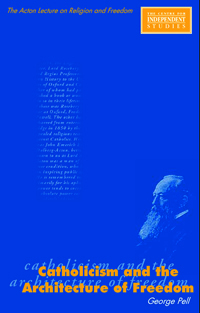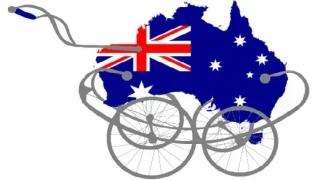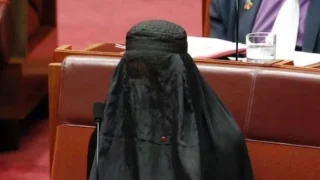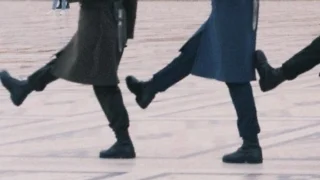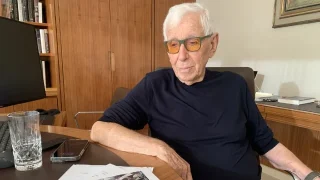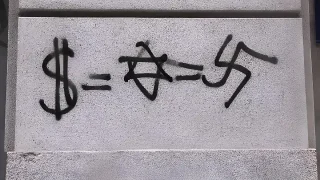
The nature of freedom is a question that has puzzled western societies from their very beginnings. In the Centre for Independent Studies’ inaugural Acton Lecture on Religion and Freedom, George Pell asks hard questions about what it means to be free in the modern world, and outlines how religion might contribute to this continuing debate.
With Communism’s collapse, Archbishop Pell suggests, we now see more clearly that it is impossible to reconcile freedom with egalitarianism and even equality in most situations. But freedom, he argues, is much more than simply the liberty to do whatever we want provided that we do not harm others. Nor should it be reduced to the ‘Woodstock’ concept of liberty, an idea that, in Pell’s view, leads inevitably to anarchy. Drawing upon the resources of the Catholic Christian tradition, Pell contends that freedom is something much grander, deeper, and challenging, and very reliant upon each person’s acknowledgement that moral absolutes do exist. The challenge for the churches, he states, is to maintain this nexus between freedom and truth, not least because free societies do not flourish on the basis of lies about human nature, the worth of the human individual, or man’s freedom.
